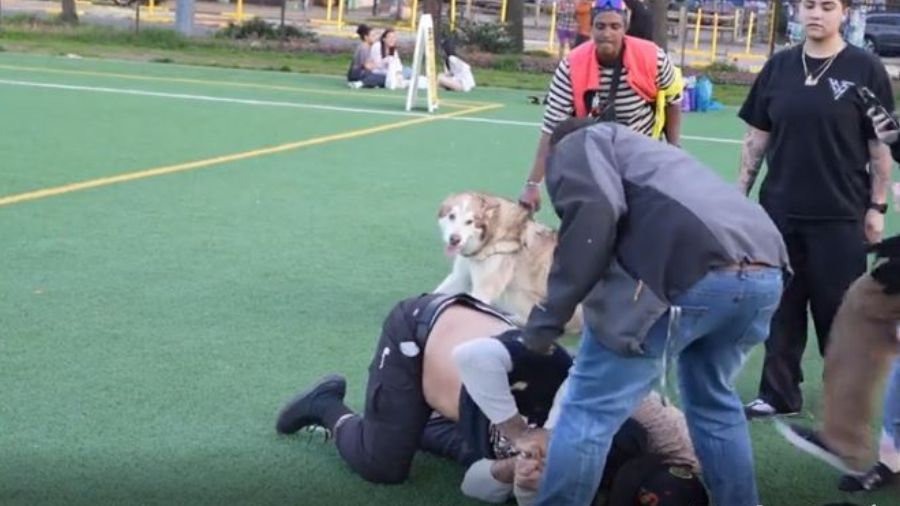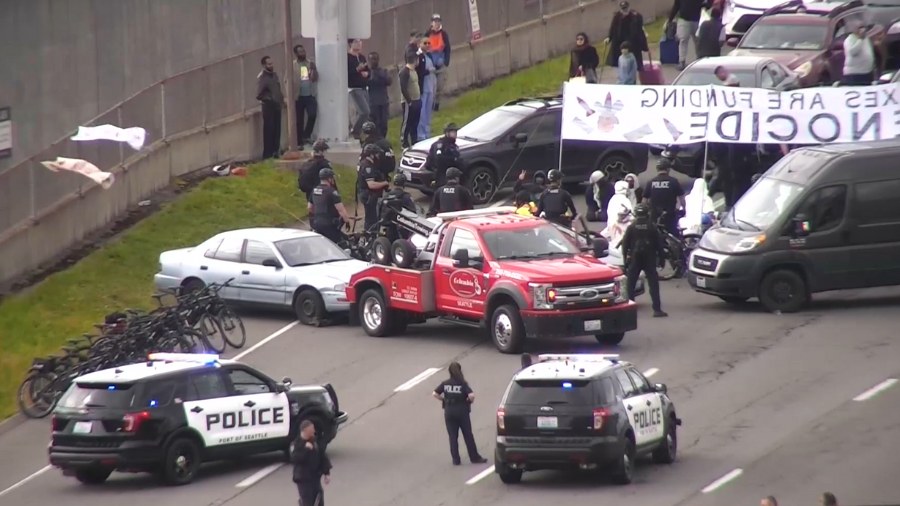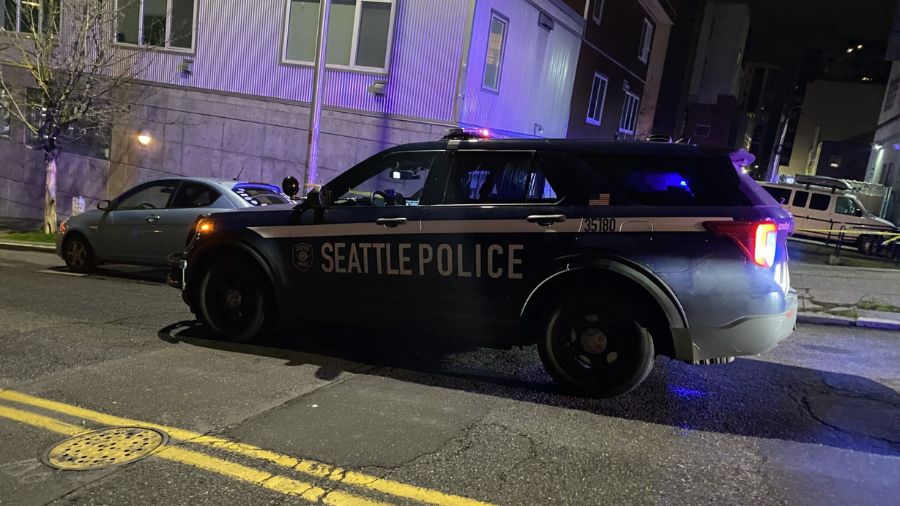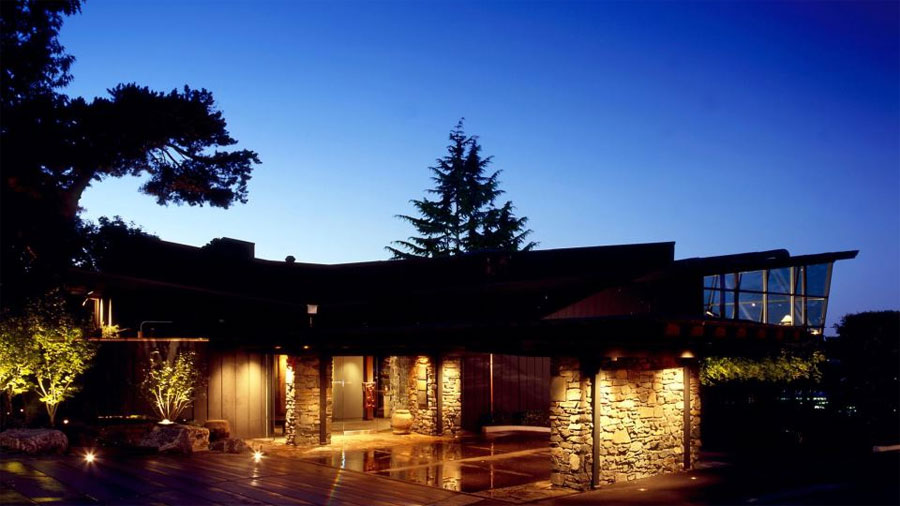Virologist: Without vaccine, COVID will likely persist ‘for the long haul’
Jul 9, 2020, 6:05 AM
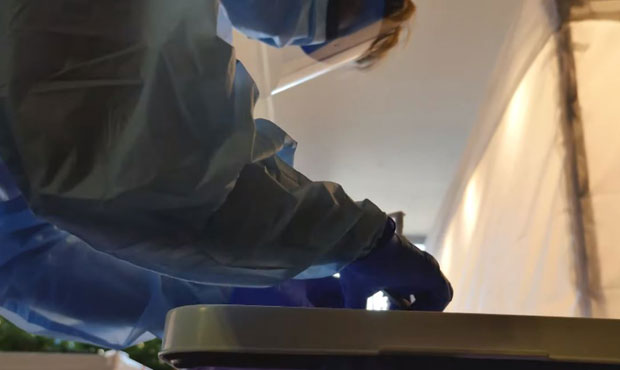
A COVID-19 test site from by UW Medicine. (UW Medicine, YouTube)
(UW Medicine, YouTube)
With COVID-19 cases again beginning to rise across the United States, Columbia University virologist Dr. Angela Rasmussen is worried that this may soon become the new normal.
Return to school should be ‘part of a larger plan’ to reopen society
“This is something we are going to have to get used to for the long haul,” Dr. Rasmussen told KIRO Radio’s Gee and Ursula Show.
That’s driven by concerns over the Trump administration’s approach to handling the latest surge. Last week, it was revealed that the White House would be shifting toward messaging encouraging Americans to accept the COVID-19 outbreak, rather than seeking to actively mitigate the virus’ spread.
In the days since, the President has threatened to withhold funding for schools opting for virtual learning in the fall.
“Over the weekend, I was very, very concerned when President Trump essentially told us that we need to start getting used to this,” Rasmussen said. “I don’t believe that we have to accept this.”
“We should not be accepting the death of 130,000 Americans — there’s no way that we should accept that,” she added.
Rasmussen warns that without a vaccine, “we’re going to be living under non-normal conditions for quite some time.”
A handful of vaccine trials have entered into phase 3, with the White House targeting late 2020.
Virologist: COVID-19 outbreak hasn’t ‘magically disappeared’
That said, Dr. Rasmussen remains skeptical about an accelerated timeline.
“Just like with any vaccine, you can’t just only throw money at the problem,” she pointed out. “We definitely need to have the manufacturing capabilities to scale up a vaccine very quickly if we want to get it out to everybody. But the reality is, we also need to make sure that any vaccine is safe and effective.”
Listen to the Gee and Ursula Show weekday mornings from 9 a.m. – 12 p.m. on KIRO Radio, 97.3 FM. Subscribe to the podcast here.


